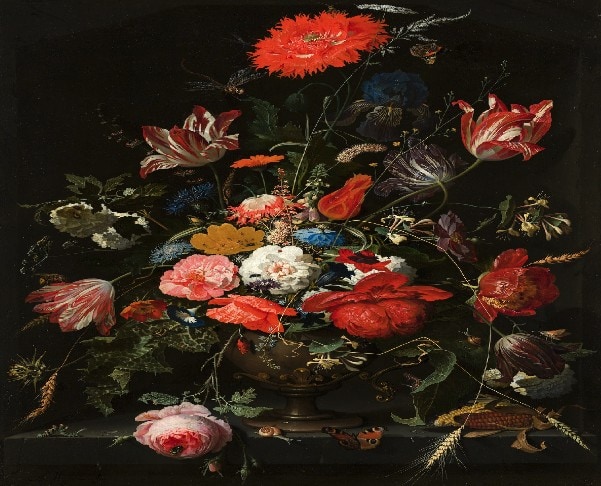Art is one of the most powerful forces in the world. It has a pure and unselfish purpose that it seeks to communicate with people through its pure form.
The benefits of art go beyond just being able to make pictures or create sculptures or student writing their research paper – they open up a new way of thinking and seeing the world. It introduces you to different ways of existing and seeing things, making you more empathetic and kinder toward others.
In addition, artists have a unique perspective on society that they can offer to shape it for the better and provide new points of view in interpreting what is happening today.
Studying the Arts Makes Students More Professionally Capable
Even if student majors in something completely different, the skills they develop in the arts in college will serve them well in their future careers. Edubirdie art essays are creative ideas for students to get better and make a spell for good grades. They will be an asset to any firm because of the abilities they developed in schools, such as time management, self-discipline, appreciation for hard work, and the ability to learn. The transferable abilities learned via artistic study are invaluable in the working world. Acquiring these abilities involves:
Being open to criticism
Art education prepares students to take constructive criticism and use it to improve. Professionally speaking, individuals will not likely be less critical of your work. Arts students have the maturity to take constructive criticism and use it to make their work better.
Creative problem-solving
Artists have unique approaches to issues that others may find challenging. The question of how to create an aesthetic experience and good student contracts for grades resonate with its target audience and cannot be answered with a simple yes or no. Promoting a new product on the cheap is a challenge that requires a resourceful spirit. If you’re thinking about how to pull anything off, some options may be better than others.
Brain development
Working on creative pursuits, such as writing or reading sheet music, strengthens the brain uniquely.
Reduces stress
Stress relief is one of the many benefits of creative expression. Contemplating has alleviated symptoms of anxiety, post-traumatic stress disorder, loss, dementia, and other conditions.
Humility
One who works in the arts understands the difficulty inherent in producing a work of lasting artistic value. It’s common for artists to experience setbacks. In addition, they appreciate the time, talent, and luck that went into any successful artwork or creation.
Humbleness, an invaluable quality for cultivating connections with others, is one of the lessons learned via the process of attempting and failing and trying again and again until success is achieved.
A student’s IQ increases with exposure to the arts
Students who have spent their time before high school graduation engaged in musical, visual, literary, or performing arts have developed numerous transferable abilities that will serve them well in college. This includes
Time Management
Making time for creativity demands disciplined time management. Participating students in the arts are more likely to have mastered the art of time management and organizational skills.
Self-discipline
Students with this background are more likely to study hard in college, which can improve their overall grade point average. They can put in the effort, even if it isn’t always enjoyable, since they know it will benefit them in the long run. The more time students spend practicing, the quicker they’ll become proficient.
Hard work
Art students discover that effort pays off. Putting in six hours a week of practice on the trumpet isn’t exactly a joyful activity. Still, it pays off when they play a flawless solo and receive thunderous acclaim and great teacher comments for student participation. This knowledge is transferable to different fields of study.
Conclusion
While many would agree that the preceding is true, they would rather their college-aged child keep art as a passion rather than a career.
It’s reasonable to feel this way. You may be concerned that if your student chooses a liberal arts degree, they will be setting themselves up for a life of struggle because it is difficult for recent college graduates to obtain excellent jobs.
Believe it or not, there are many compelling reasons for your student to pursue a degree in the liberal arts and you should encourage them to do so.



